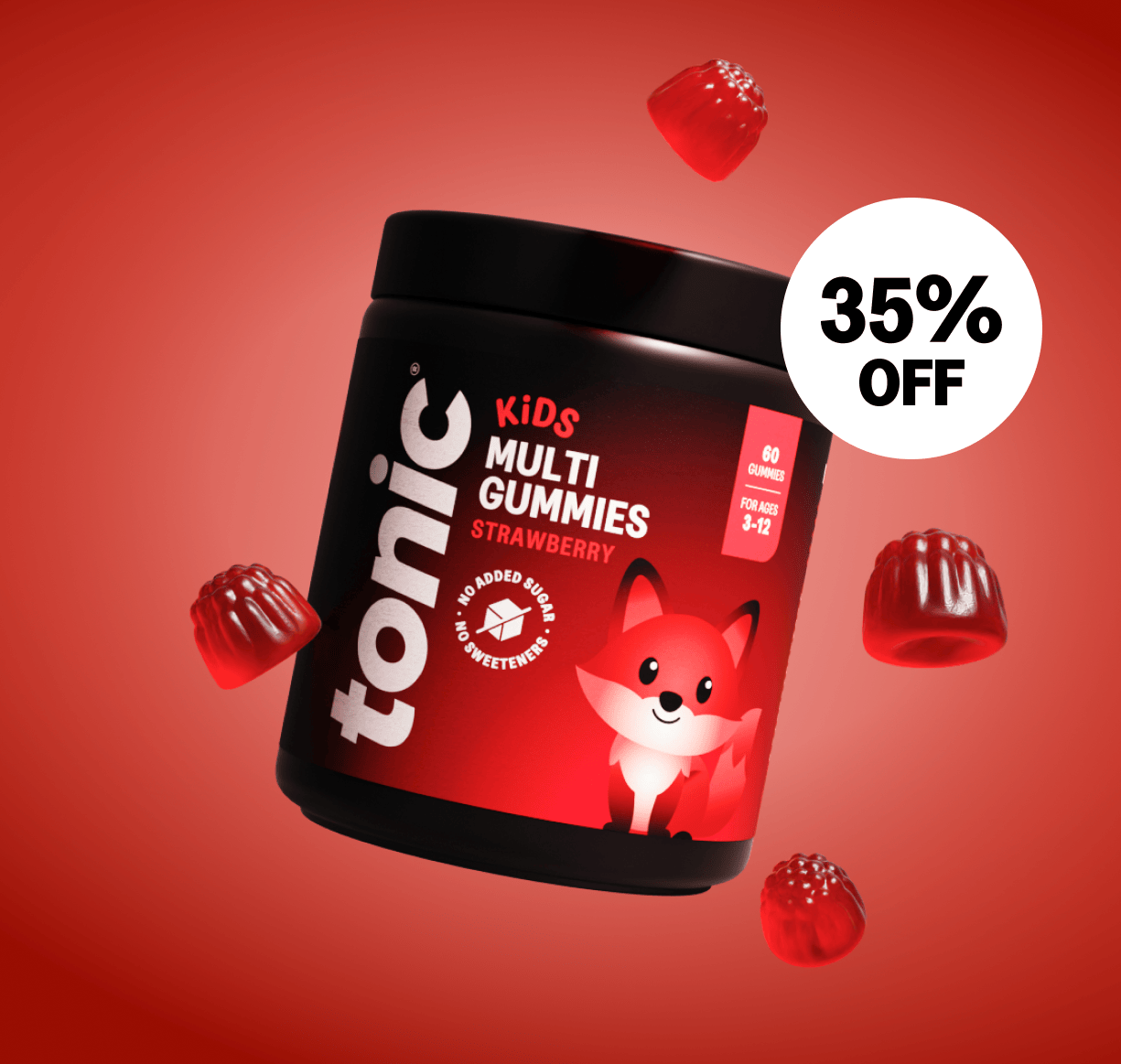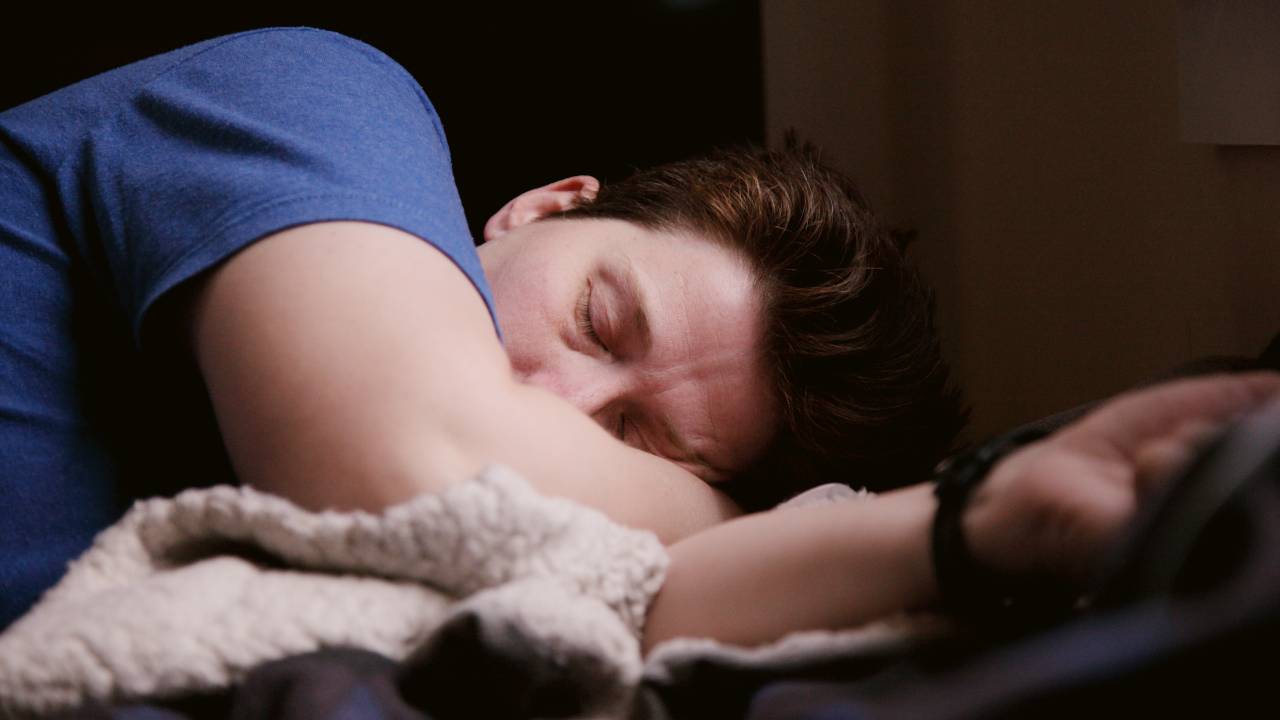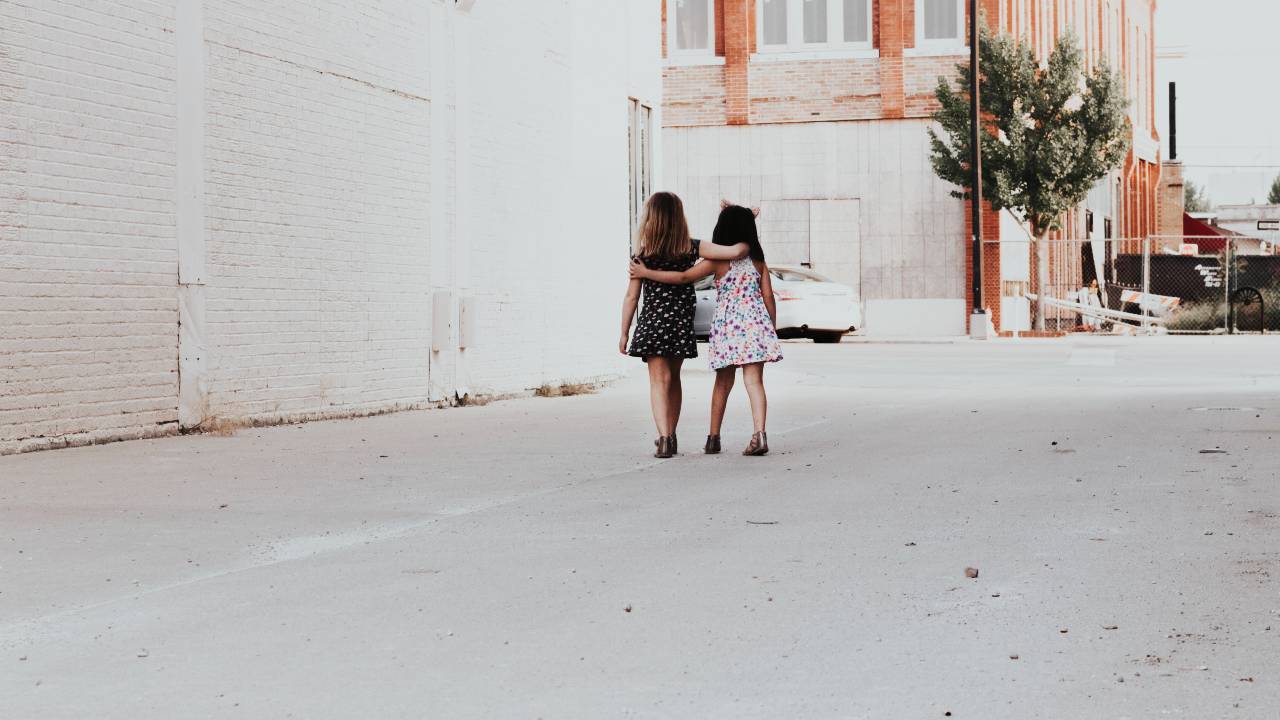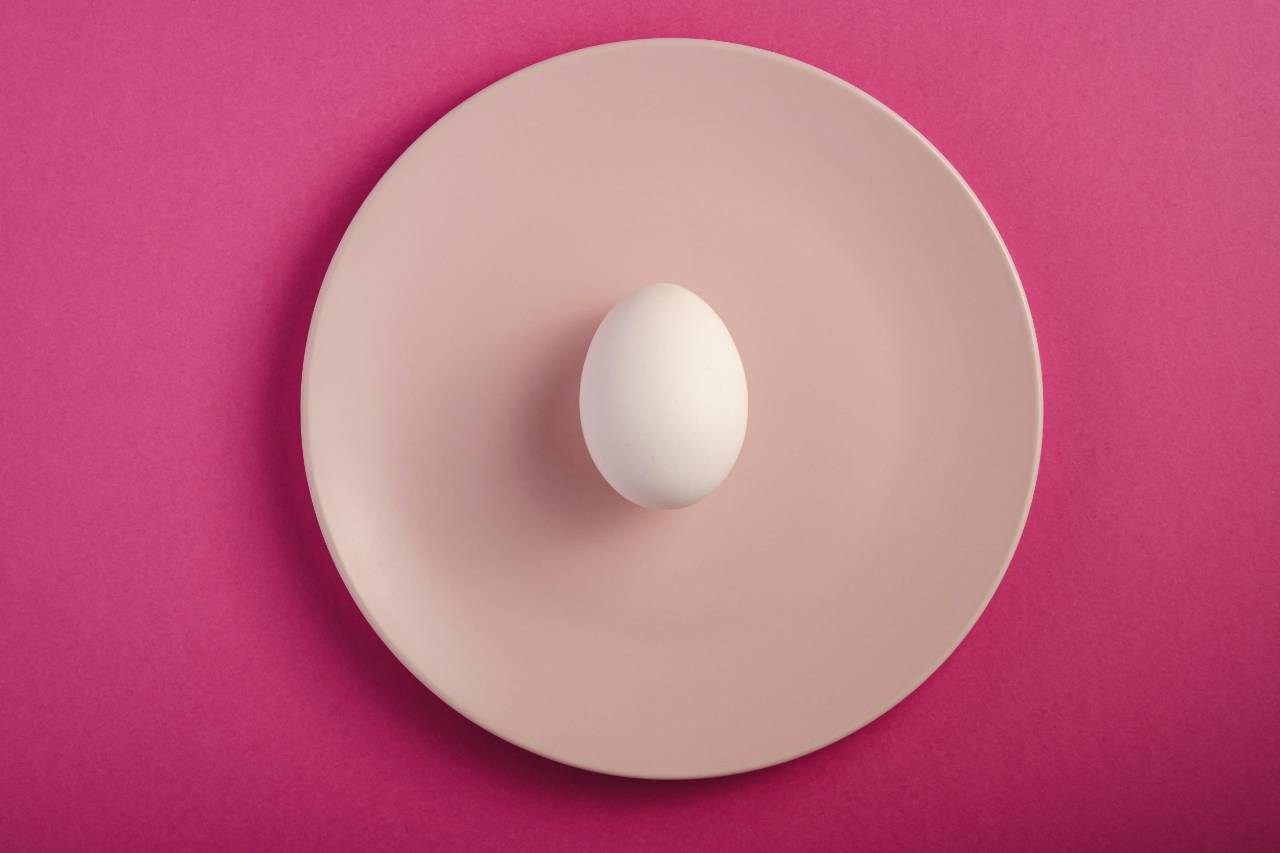What we eat and drink in the day has a huge effect on how well we sleep. Unfortunately for many of us we get into a bit of a catch 22. The biggest reason for insomnia is stress… And here lies the Catch 22:
the more stressed we are, the worse we sleep, and the worse we sleep, the less resilient to stress we are in the day, which leads to more caffeine and low nutrient density food which affects how well we sleep….
This is how our day often pans out:
7am Wake up exhausted drink tea or coffee. Skip breakfast.
1030am Tea and toast mid morning.
1130 am More caffeine.
1pm Sandwich for lunch.
3pm Could fall asleep at desk. More caffeine and biscuits.
6pm Frazzled so have some snacks (maybe a glass of wine or beer) and can’t think what to cook.
8pm Eat dinner. Starting to wake up.
830pm Watch TV plus second screening on social feeds.
11pm Wired and tired but can’t get to sleep.
7am Wake up exhausted…..
Does this sound familiar? Unfortunately in our 24/7 world we spend half the day trying to wake ourselves up and the other half trying to calm ourselves down! Our brain hasn’t changed much in over 60,000 years but our world has exponentially! Even in the last 25 years we go from no tech to what we have now.
So what can be done?
Firstly we need to get the stress hormone cortisol in check. It should be the highest at the start of the day (to wake us up) and then get gradually reduce to help with restful sleep. For many of us it’s the other way round – it’s like we’re jetlagged! So my first bit of advice is to watch your caffeine. Aim to have 1 or 2 cups max per day and only with breakfast. The effects of caffeine (ie putting you into fight or flight mode) are much less when consumed with food (a bit like alcohol). Secondly, eat a protein rich breakfast to keep your energy levels up until lunch (eating earlier the night before will make you feel hungrier on waking) thus reducing the need for so much caffeine and sugar: eggs any which way, shakshuka, scrambled tofu, porridge with nut milk and ground linseed and stewed apples, kefir with fresh fruit whizzed up, green smoothie with added pea protein, kippers! Ditch the lunchtime carbs which will make you super sleepy at 3pm, and opt for soups, pre-made pulses or brown rice with a tin of sardines and leaves, beans salads with feta or smoked fish or falafels with a dip (personally I like leftovers from the night before’s evening meal).
My top 5 sleep hacks:
- Eat a protein rich breakfast and lunch
- Swap biscuits for protein based snacks–minimising sugar highs and ensuing lows. High protein/low GI snacks include falafel, chicken drumstick, oatcakes with nut butter or a dip like hummus or babaganoush, or a handful of trail mix.
- Only drink 1-2 cups of caffeine a day with food
- Up your magnesium (nature’s tranquiliser) as well as vitamin C and B vitamins which are needed at times of stress:
- Vitamin C rich food sources: Citrus fruits, blackcurrants, gooseberries, guava, kiwi, lychees, paw-paw, raspberries, parsley, spinach, green beans, peas, broccoli, Brussels sprouts, cabbage, cauliflower, kale, peppers, spring greens and watercress.
- Vitamin B rich food sources: Egg yolk, liver, wheat germ, nuts, red meat, cereals, yeast, dairy products, vegetables, fish, whole grains, such as wheat and oats, leafy green vegetables and beans and peas
- Magnesium rich foods: Green leafy vegetables, globe artichokes, parsley, nuts; in particular almonds, seeds; in particular pumpkin seeds, chickpeas and buckwheat. Tofu & soya products, yoghurt, whole grains, garlic and brown rice. Epsom baths salts added to a bath – magnesium through the skin.
- Opt for calming herbal teas especially before bed – chamomile tea valerian







Leave a comment
All comments are moderated before being published.
This site is protected by hCaptcha and the hCaptcha Privacy Policy and Terms of Service apply.